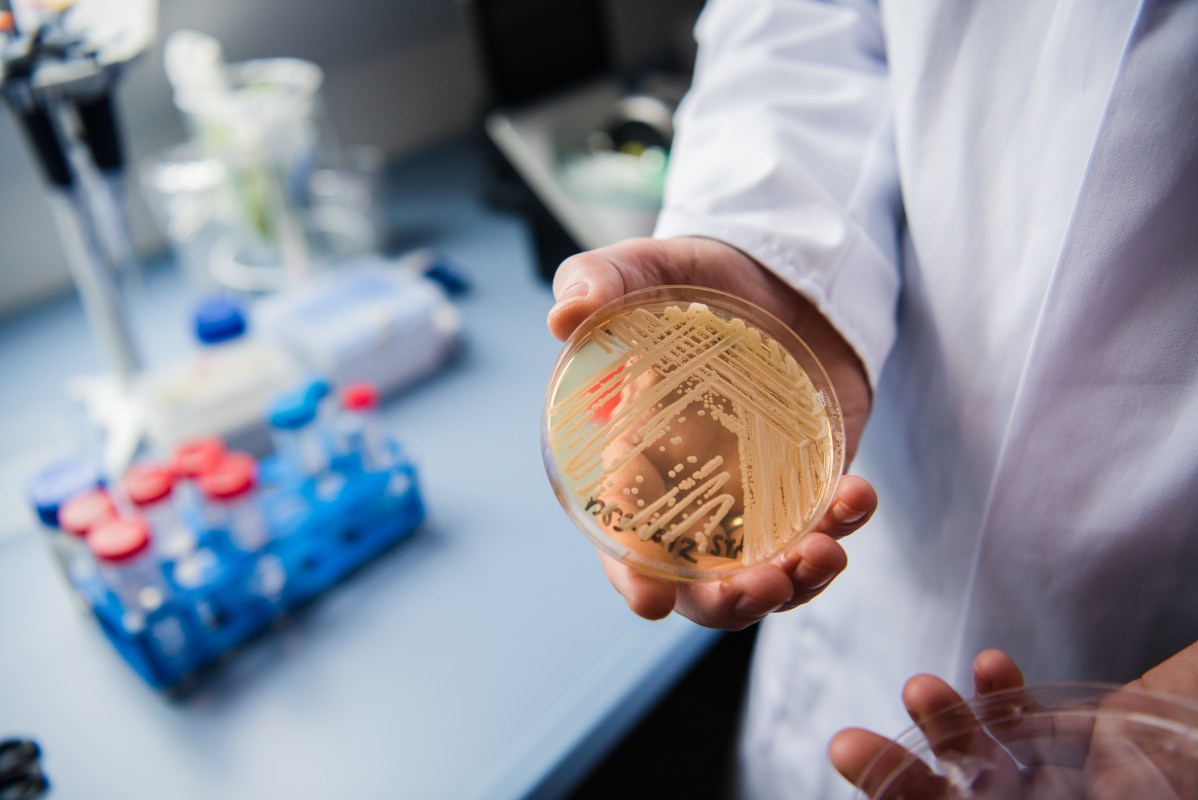Editor’s Note: RealClearLife, a news and lifestyle publisher, is now a part of InsideHook. Together, we’ll be covering current events, pop culture, sports, travel, health and the world.
For all the breakthroughs in antimicrobial drugs to battle bacteria and fungi in recent years, the germs are adapting because of overuse in hospitals, clinics and even farming.
Exhibit A is a fungus called Candida auris, which attacks victims with weakened immune systems, and has been spreading worldwide.
“In the last five years, it has hit a neonatal unit in Venezuela, swept through a hospital in Spain, forced a prestigious British medical center to shut down its intensive care unit, and taken root in India, Pakistan and South Africa,” write Matt Richtel and Andrew Jacobs of The New York Times.
“Recently C. auris reached New York, New Jersey and Illinois, leading the federal Centers for Disease Control and Prevention to add it to a list of germs deemed ‘urgent threats.’
Experts have worried over the overuse of antibiotics for decades, because it it spawned resistant strains of bacteria. More recently there has been a similar evolution in fungi.
“It’s an enormous problem,” Matthew Fisher, a professor of fungal epidemiology at Imperial College London, told the newspaper. “We depend on being able to treat those patients with antifungals.”
Thanks for reading InsideHook. Sign up for our daily newsletter and be in the know.



















